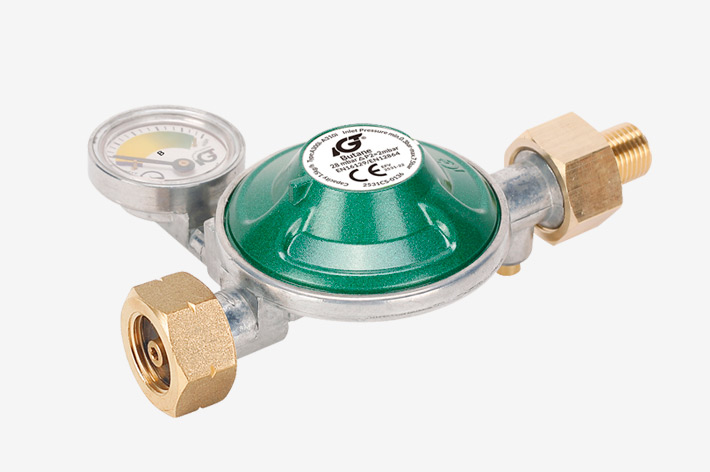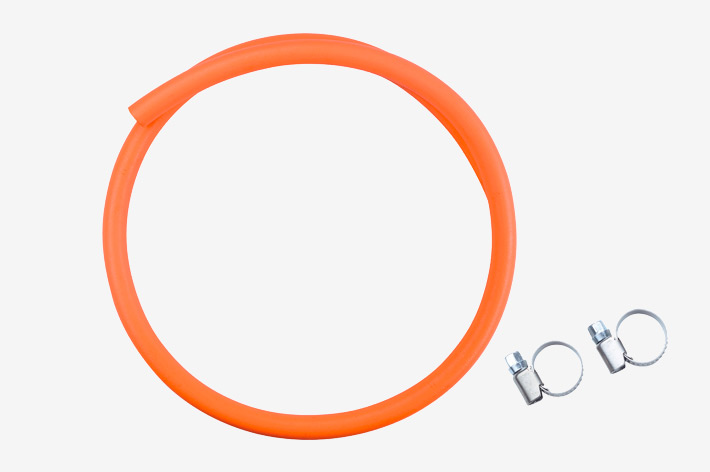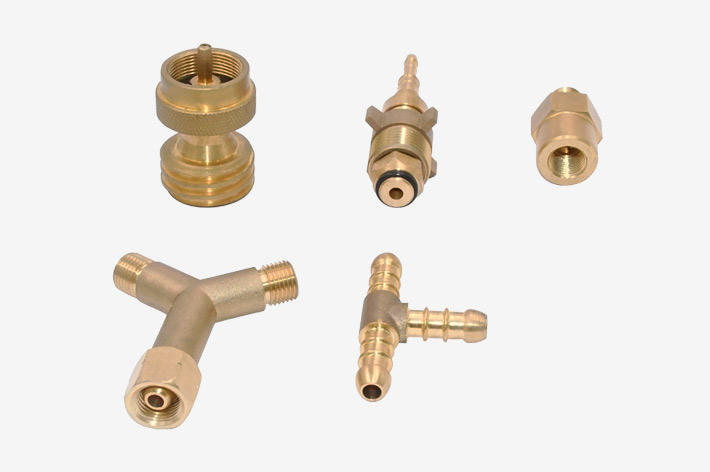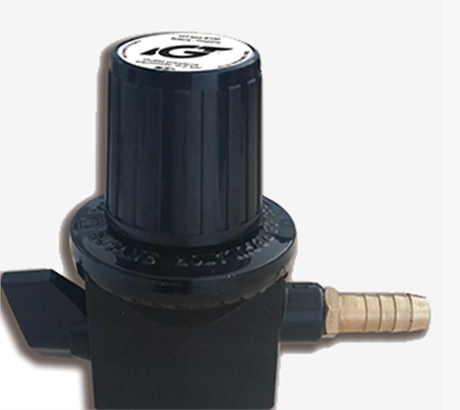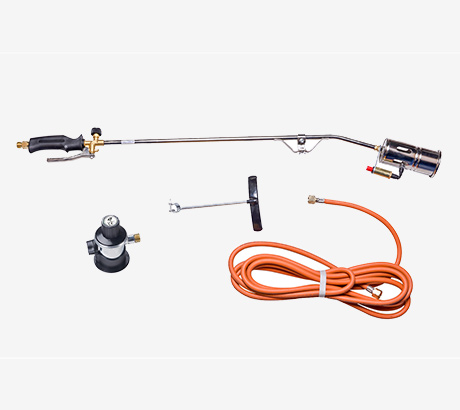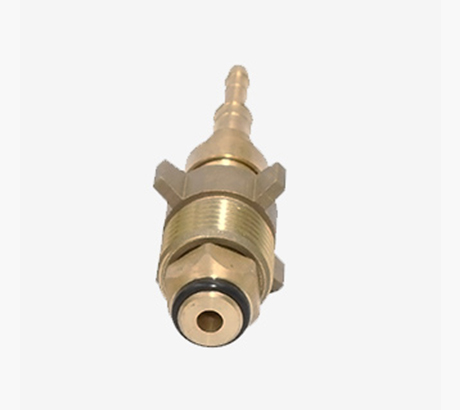Understanding the Importance of a Reliable Gas Hose
When it comes to gas supply systems, safety should always be a top priority. In any gas installation, the choice of a suitable hose is crucial, particularly when it involves explosive or flammable gases. This is why opting for a high-quality rubber flexible gas hose is essential. Such a hose not only ensures the safe and efficient delivery of gas, but it also provides the necessary flexibility and durability required for a variety of applications.
Material Composition and Compliance
The first factor to consider while selecting a rubber flexible gas hose is the material composition. Gas hoses should be manufactured using robust materials that are resistant to chemical reactions and can withstand the pressures associated with gas flow. A high-quality rubber hose is typically constructed with a reinforced layer, ensuring durability and preventing leakages or bursts. Moreover, it is essential to ensure that the hose complies with relevant safety standards and regulations, such as those laid out by recognized organizations like UL, ANSI, CSA, as well as EN16436.
Pressure Rating and Compatibility
Different gas systems operate at varying pressures, so it is crucial to choose a hose with an appropriate pressure rating. Failure to select a hose with the correct pressure rating may result in leaks or ruptures, endangering both property and personnel. Consulting with an experienced gas technician or supplier can help determine the exact pressure requirements of your system and guide you in selecting a suitable hose. Additionally, it is important to ensure that the rubber flexible gas hose is compatible with the gas being transported. Certain gases may react with certain materials, leading to potential hazards or decreased hose performance, so it is essential to verify compatibility before making a purchase.
Flexibility, Length, and Coupling Options
The flexibility of a gas hose is critical for ease of installation and efficient gas flow. A rubber flexible gas hose should be able to withstand bending and twisting without compromising its structural integrity. This flexibility allows for convenient routing from gas sources to appliances or equipment, minimizing the risk of kinks or restrictions. Additionally, considering the required length of the hose is important to ensure that it reaches the desired locations without any excessive tension or bending, which could compromise safety. Furthermore, evaluating the available coupling options that best match your system's requirements is recommended. Proper couplings ensure a secure and reliable connection between the hose and gas source, thereby minimizing the risk of gas leaks.
When choosing a rubber flexible gas hose, it is essential to prioritize safety, reliability, and compliance with relevant regulations. Consider factors such as material composition, pressure rating, compatibility, flexibility, length, and appropriate coupling options. Opting for a high-quality hose from a reputable brand, such as IGT Integrated Gas Technologies, can help ensure the safe and efficient delivery of gas in various applications. Remember, investing in a reliable and durable hose will contribute to the overall safety and reliability of your gas supply system.

 中文
中文 
